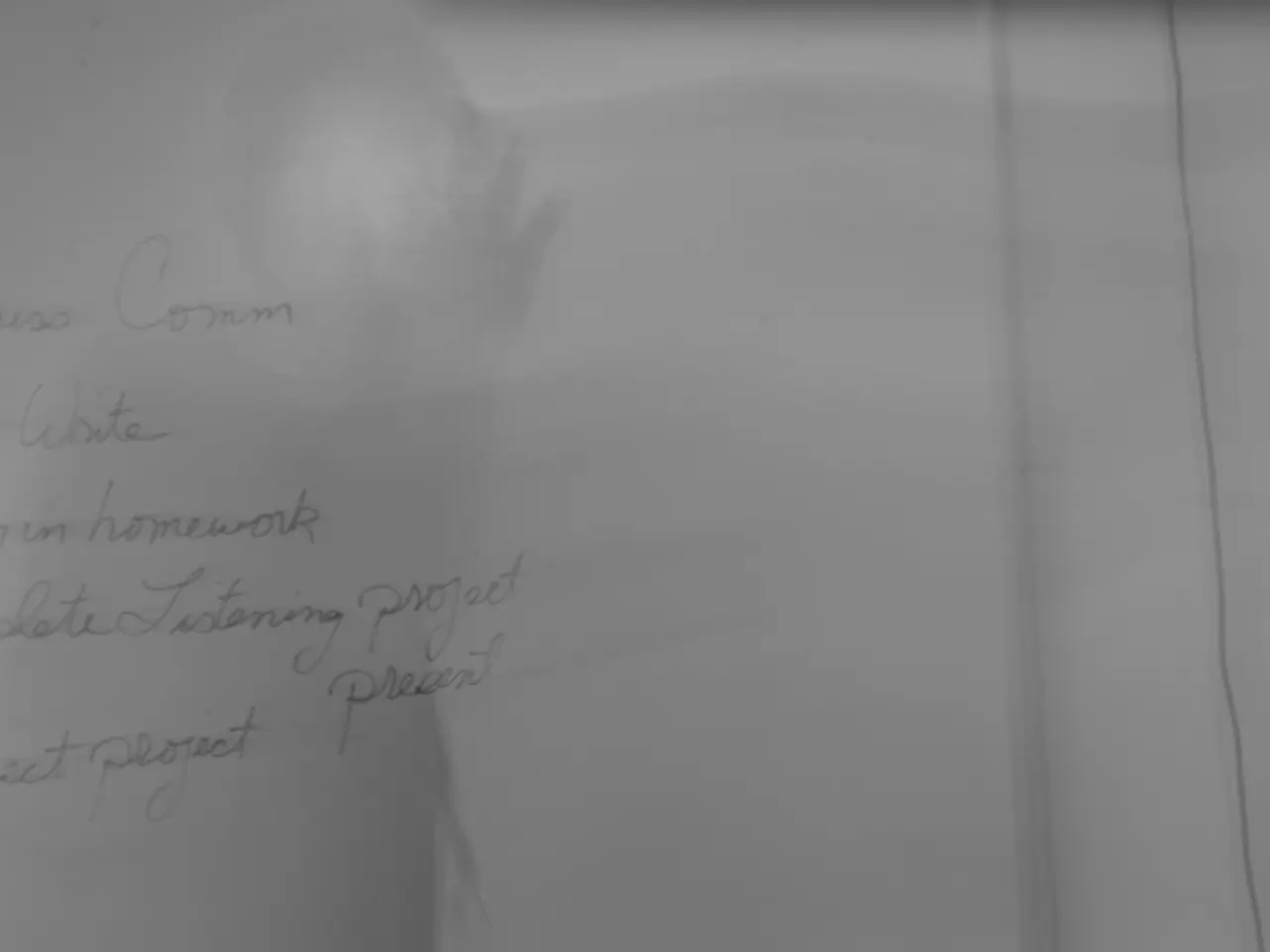It's past due to openly confront China's operations in Tibet and cease placating their actions.
In a world where human rights and cultural preservation are paramount, the ongoing occupation of Tibet by the People's Republic of China (PRC) has raised concerns globally. The European Union (EU), in particular, has been called upon to play a more active role in addressing this issue.
The European Union's relative passivity or lack of strong, unified action regarding Tibet's occupation has several significant global consequences.
Firstly, Europe's cautious approach allows China to continue asserting control over Tibet with limited international repercussions. This control extends to interference in Tibetan religious and cultural affairs, such as the imposition on the succession of the Dalai Lama and the forced disappearance of the 11th Panchen Lama, which remain unresolved for decades.
Secondly, the ongoing occupation and control over Tibet have resulted in systemic human rights abuses. These abuses include suppression of Tibetan language, culture, religion, and identity, alongside imprisonment of Tibetan activists and religious figures. Europe's insufficiently forceful stance can contribute to the perpetuation of these violations.
Thirdly, Europe's quietude diminishes the collective international pressure needed to uphold human rights principles globally. The EU has criticized China in human rights dialogues and parliamentary resolutions, urging non-interference and dialogue, but China rejects these as internal affairs, continuing its policies without adhering to international calls. Europe's relative passivity may thus undermine the effectiveness of global human rights mechanisms.
Fourthly, the EU has raised concerns about China’s increasing transnational repression practices targeting Chinese overseas nationals and Tibetan activists in exile. Europe's limited response can enable the spread of these practices beyond China’s borders, affecting global civil society and diaspora communities.
Lastly, Europe's muted response may influence the geopolitical balance, reducing the leverage democracies hold over China on Tibet and related issues, which can impact broader international discussions on sovereignty, minority rights, and state power.
In summary, Europe's cautious engagement, while including some condemnations and calls for dialogue, allows China to continue its control and repression in Tibet largely unchecked. This weakens international human rights protections and encourages further authoritarian actions domestically and internationally by the PRC. Stronger, coordinated global responses could enhance pressure on China to adhere to international norms concerning Tibet.
The Tibetan government-in-exile appeals to the international community for support in advocating for Tibetan self-determination. The silence of the world regarding Tibet's occupation is a significant issue that demands urgent attention and action.
References: [1] Human Rights Watch. (2021). World Report 2021: China. https://www.hrw.org/world-report/2021/country-chapters/china [2] Amnesty International. (2021). China: Crackdown on Tibetans intensifies as authorities tighten control. https://www.amnesty.org/en/latest/news/2021/02/china-crackdown-on-tibetans-intensifies-as-authorities-tighten-control/ [3] International Campaign for Tibet. (2021). China's Transnational Repression. https://savetibet.org/resources/chinas-transnational-repression/ [4] Freedom House. (2021). Freedom in the World 2021 - China. https://freedomhouse.org/report/freedom-world/2021/china-1
- The European Union's passive stance towards the ongoing occupation of Tibet, despite its involvement in policy-and-legislation and general-news, has created room for China to implement its questionable war-and-conflicts-related policies in Tibet and beyond.
- The ongoing silence on Tibet's occupation, as witnessed in the EU's policy-and-legislation and general-news, can potentially weaken the collective global response against human rights abuses, inspiring similar conflicts and creating a favorable environment for unchecked politics of control and repression.






